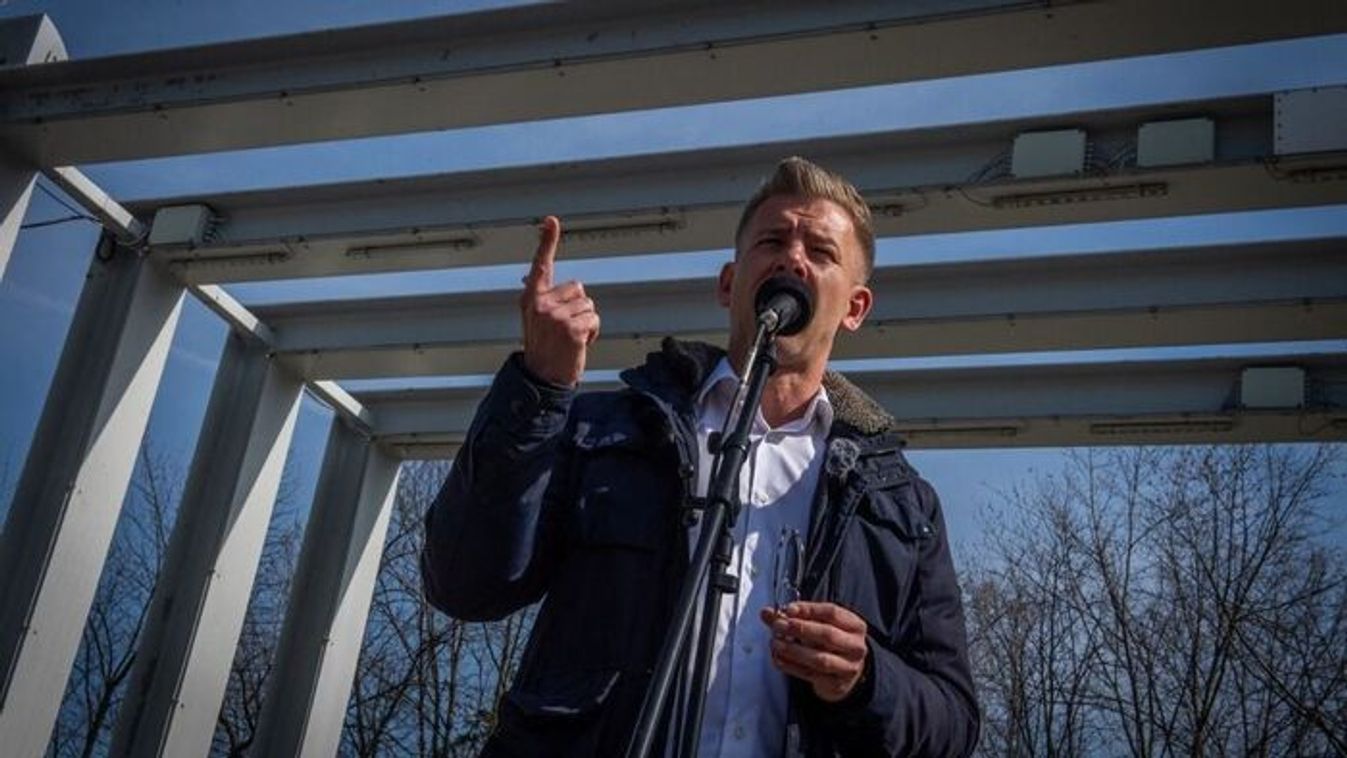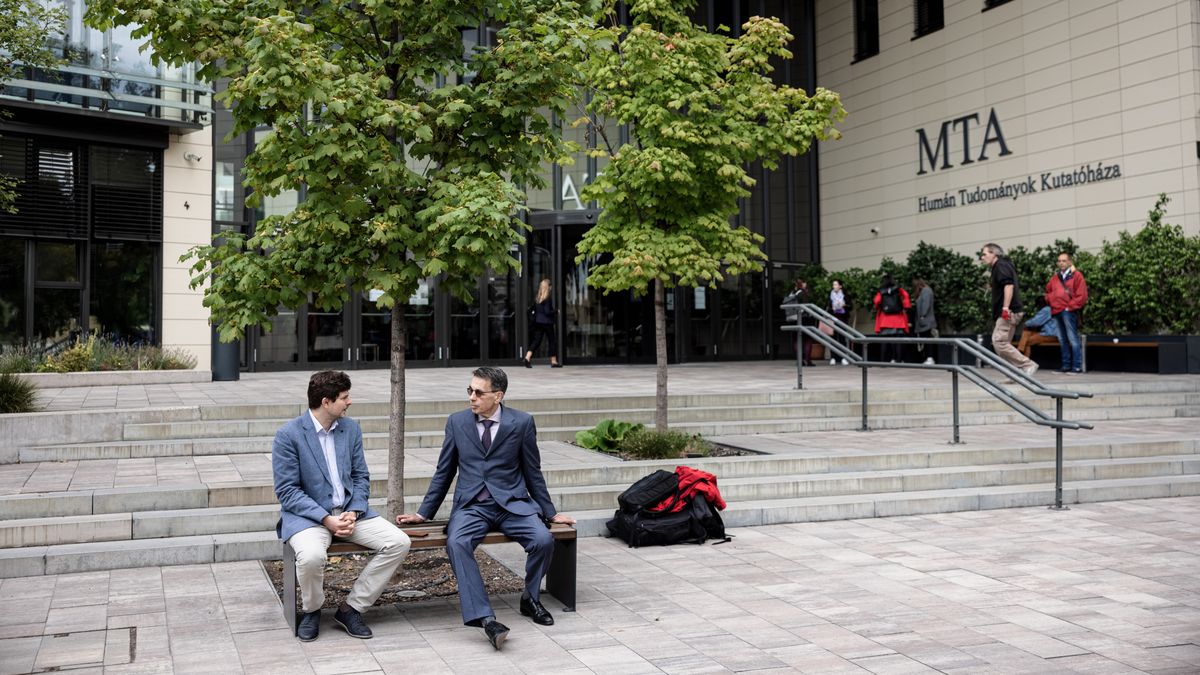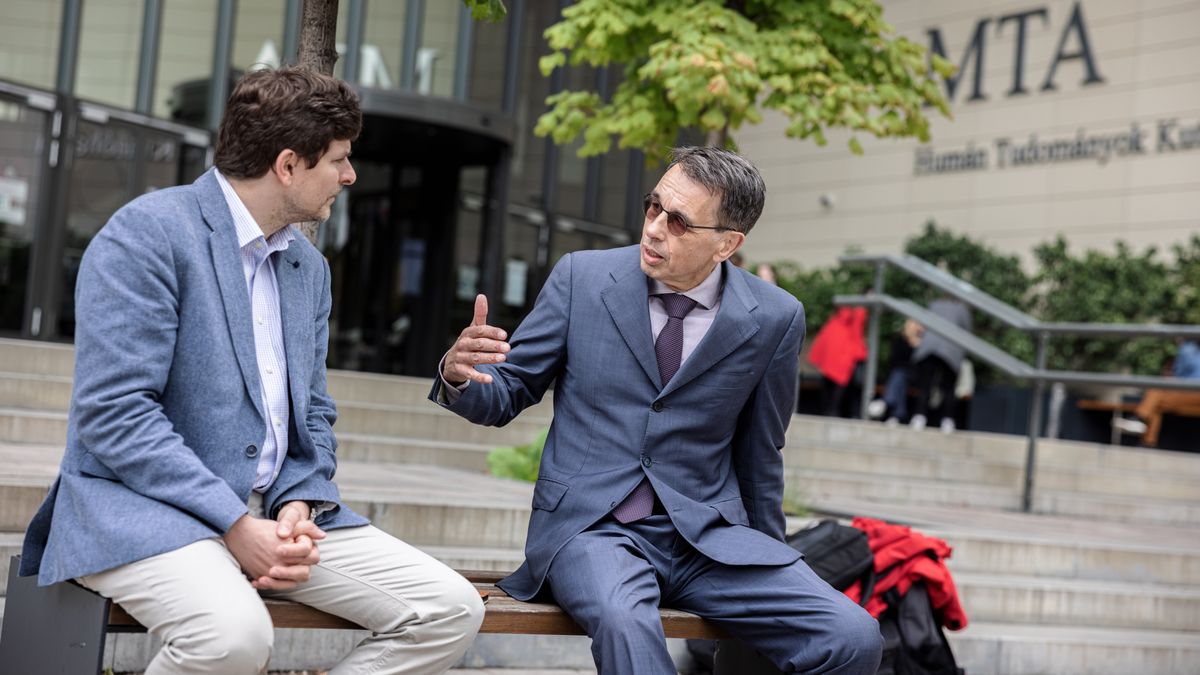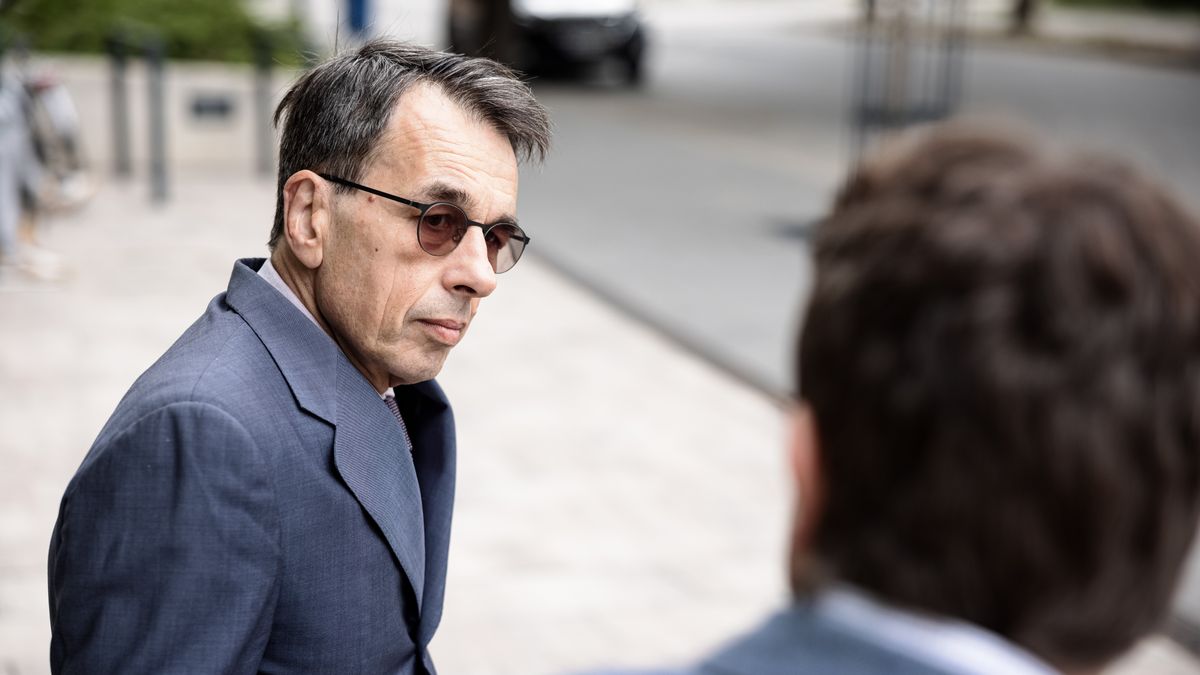Itt a legfrissebb közvélemény-kutatás: így áll most a Fidesz és a Tisza Párt

Továbbra is zajlik a közvélemény-kutatások „háborúja”, utánajártunk, mekkora a valós különbség a Fidesz és a Tisza között.

“Nowhere in the Treaty we find the idea that there should be one single European people or a single European nation. There is no idea to dissolve the nations or the peoples and with them the respective political organizations. However, the European integration is much more than merely organizing the cooperation of nation states.” – Professor Armin von Bogdandy pointed out in a conversation with Lénárd Sándor.

From its inception, the Court of Justice of the European Union [CJEU] has been playing a leading role in developing the EU law as well as in defining its relation to national laws and national constitutions. However, we can witness that since the 1970s but especially in the past decade, constitutional courts or equivalent judicial forums of Member States have been increasingly involved in reviewing the law of the European Union based on their national constitutions. What potential roles do or should national constitutional courts play in the development of the EU law in your view? What are the characteristics of the European integration based on the jurisprudence of the constitutional courts of Member States?

First of all, constitutional courts and other high courts are extremely important domestic institutions. It corresponds to the basic logic of the European society that
these institutions are also involved in the European polity.
For example, by bringing questions via preliminary references to the CJEU, they are developing the European constitutional settlement. This is the institutional way of engaging in a dialogue, in a relationship. Moreover, they have a function in the separation of powers as well. The CJEU is a powerful institution and it is important to have a countervailing check against it. Therefore, many constitutional courts have put themselves in a position that they can play a role in that system of “checks and balances”. However, they do have to play that role in a circumspect way. European law depends more than national laws on the authority of their institutions because the latter do not command physical force. The national constitutional courts have to keep this into mind when they exercise their countervailing function. Interestingly, in the very few instances that this happened, the particular case was poor.

Article 2 of the Founding Treaty enumerates some of the values that are common in the European community and in its Member States. Are these values organized along with a bottom-up or a top-down approach?
These values are set by the 27 national political systems. They have enshrined in Article 2 of the Funding Treaty. This is not something invented by the European Commission or by the CJEU, they did not come from above. They have articulated first half a century ago in 1973 by the Member States. They mirror half a century of living together in Europe.
These values, however, are increasingly instrumentalized to pursue goals that are rather political in nature. How do you see this development?
I think that these political issues are also legal issues. They are political because they affect the entire community, because they are important. Nonetheless, because of that they are also legal issues and have to be applied as such. The aspect that they also have a political dimension does not change that they are legal issues.
The values contained in Article 2 are not just for the Union, they refer to all Member States.
They are set out not just for how the European Union is operating, but each and every Member State much respect them. They are relevant both for the European Union as well as for the Member States.
What is the legal and institutional significance of the “judicial dialogue” in the European judicial area in your view?
Escalating controversies can be harmful to both the European integration and to its Member States along with their citizens. They usually come with high costs. At the same time, there are many institutions which claim to have ultimate authority, but there is no formal mechanism to settle their relations. For these reasons,
judicial dialogue in the European judicial space has quite an important role to play.
Such a dialogue is only possible if there exists a mindset and readiness for it. We see examples when this dialogue does not work anymore, But these are exceptions and hopefully other institutions will learn on that exception that is important to maintain a dialogue. At the end, every system has an interest and an obligation to keep the European Union running.
Is it a dialogue among “equals” in a sense that they have the same positions at the table or is it rather a hierarchical relationship?
We should not address this question in terms of hierarchy. It is better to address it in terms of competences. Both the Founding Treaties as well as the jurisprudence of the CJEU have been affirmed by the Member States, they provide the basic structure of cooperation. At the same time, in that system the domestic constitutional courts are not put as inferior institutions, because the basic framework of dialogue is provided by the preliminary ruling procedure.
It is not a relationship of revision,
which usually characterize the relationship of a Supreme Court and a Court of Appeal. Therefore, it is not hierarchical. Nevertheless, the final interpretation is with the CJEU.

At the same time, we also witness that the European integration started out as an economic cooperation and then it has continuously broadened and began to include political areas. That development set the stage for an increasing number of conflicts that have also become more visible. How would you redress this phenomenon? What is your view on the proposal that aims to establish a separate court for question of competences?
First, the European integration has been political from the beginning. The impetus for the integration came from World War II. From the very beginning, there was the idea to forge “an ever closer union”. That is a political objective. Of course, you are right that then the primary fields were mainly economical and only later it gradually turned to political areas. Moreover, I am not sure whether there are more conflicts than before.
We tend to look at those who shout loudest.
The conflicts have mainly arisen out of the Second Senate of the German Constitutional Court, the Polish Constitutional Court and the Hungarian Constitutional Court. If there are other cases, they are much more circumscribed. Therefore, the conflicts lie with a small number of institutions. Should there be a separate court for the questions of competence? Well, that is an old proposal, which goes back to the 1970s. It is a serious proposal and one has to look into that. However, I am not convinced. A new institution always creates uncertainties. Its establishment is only reasonable if there is a true problem to be fixed. I do not see the necessity to create another institutional layer on Europe. Indeed, this proposal was never taken up by the political system. The overwhelming majority of countries and peoples do not think that this would be a good reform step.
You mentioned the principle of “an ever closer union among the peoples of Europe” that was already included in the Rome Treaties. However, in the course of the history of the European integration, the meaning of this principle has shifted and became the symbol of an integration that is the end goal in itself and will substitute Member States over time. As opposed to this vision, there are those who insist that the European integration remains to be an instrument although a necessary and precious one. In their view, the end goal of the integration is the Member States. How do you see the dilemma between the “end goal” and “instrument”?
That is a challenging question. One can conduct this conversation on many different levels. It can be philosophical, political or in a legal sense. We are talking here as lawyers so we can try to frame the answer on a legal level. It is all the more the case since the “ever closer union” is a legal term set forth in Article 1 paragraph 2 of the Founding Treaty. From this point of view, it is the law. As you mentioned, one of the readings of this provision is that the end goal is to create a federal state with a European people. However, that is clearly not in the legal concept because the Treaty only uses “peoples” in plural. Peoples are peoples of the Member States.
Nowhere in the Treaty we find the idea that there should be one single European people or a single European nation.
There is no idea to dissolve the nations or the peoples and with them the respective political organizations. At the same time, what we see is that there are not just national citizens. You are a Hungarian citizen, I am a German citizen, but we are both European citizens. This concept was ridiculed when introduced in 1992, but today we see it as an important feature of the integration. 70% of the EU citizens are aware of this and it is meaningful to them. They know that it comes with important rights. Therefore, the European integration is much more than merely organizing the cooperation of nation states.

So what is the ultimate aim of the “ever closer union” in your view?
The winning formula is linking Article 1 that is the “ever closer union” principle with Article 2 that is the values. In my understating the “ever closer union” heads to a society which is characterized by democracy, solidarity, rule of law, human rights, pluralism etc. That is the good formula because it is normatively very important for us but at the same time it leaves open many questions of political organization and economic order.
What does it mean in terms of sovereignty?
Again, this question can be also answered on many different levels. If we look at the legal level, the sovereign nations show up in Article 1 paragraph 1 of the Founding Treaty. In it, the Treaty addresses the State as the “High Contracting Parties”. These “High Contracting Parties” exercising their original sovereign powers conclude the Treaty on the European Union. From that moment on, they have become Member States. As Member States,
they are under the obligation, normativity and legal force of the EU Treaty.
Even when it comes to Treaty change or to exiting the EU, they remain obligated, according to the Treaty, as Member States and not as High Contracting Parties. Their sovereignty is co-defined by being an EU Member State.
The recently launched Conference on the Future of Europe aspires to provide a forum for discussion about the potential reforms of the EU as well as about the future of the European continent. Hence, it also offers a unique opportunity to discuss questions concerning the reform of the competences or the composition of the CJEU as well as the interplays of national constitutional courts and the CJEU. What reform steps would you consider valuable to achieve a more harmonious and sincere cooperation?
The Conference on the Future of Europe was an idea of the French President and it can be useful. However, its potential reach has been quite limited from the beginning by excluding treaty change. Of course, I would not exclude the possibility that some interesting ideas come up but
so far I do not see it as a big way of innovation.
For the way it has been framed by the institutions it is unlikely that it becomes so.
When it comes to easing the conflict between courts or easing the “judicial dialogue”, one aspect is the mentality of judges. They need to be more open to institutionalized dialogue. Furthermore,
it would be useful if the national constitutional courts can present their positions before the CJEU.
At the moment, that is not the case. If a case goes to the CJEU, officials from some ministry represent the position of the Member State. I am afraid that during this kind of translation, a lot get lost. So if the procedure of the CJEU was amended in a way that the concerned national court can go there, it might provide a meaningful way of easing the conflict. On top of that, my recollection is that this could be achieved without changing the Treaties.